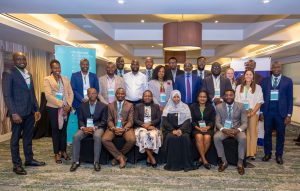
By Samuel SAM
Representatives from Ghana joined peers from Sub-Saharan Africa in Nairobi, Kenya, for a two-day Cross-Country Learning Workshop on Non-Communicable Disease (NCD) Financing, with a call on African governments to allocate at least 50 percent of excise tax revenues to healthcare.

The workshop, organised by the African Institute for Development Policy (AFIDEP) with support from the World Bank, Access Accelerated, and Results for Development (R4D), sought to promote sustainable financing for NCD prevention, treatment, and care amid declining donor support.
Participants discussed how countries in Sub-Saharan Africa allocate less than two percent of GDP to public health spending—far below global targets—while rising out-of-pocket payments continue to burden citizens. The event provided a platform for governments, civil society, and technical experts to share experiences on mobilising domestic resources and advancing peer learning.
The Ghanaian delegation included Labram Musah, Executive Director of Vision for Accelerated Sustainable Development Ghana (VAST Ghana) and National Coordinator of the Ghana NCD Alliance; Ernest Owusu Sekyere from the Ministry of Health; and Godfred Tweneboah of VAST Ghana and the Ghana NCD Alliance.
Ghana presented its NCD financing landscape, highlighting sources such as the National Health Insurance Scheme (NHIS), the Ghana Medical Trust Fund, out-of-pocket payments, and donor contributions.
Mr. Musah noted that reforms have strengthened NHIS financing, with 100 percent of the health insurance levy now dedicated to the scheme. He added that 20 percent of the levy is channelled into the Ghana Medical Trust Fund—known as MahamaCare—to support chronic NCD care.
He further explained that recent excise tax reforms on tobacco, alcohol, and sugary drinks have not only discouraged harmful consumption but also generated additional revenue for healthcare. He stressed the importance of protecting public health policy from industry interference.
The workshop also explored innovative financing strategies and advanced technologies such as the CyberKnife system, a non-invasive robotic treatment for cancer, which participants said could significantly improve cancer care in Ghana if adopted.
The event reinforced the need for regional collaboration, stronger fiscal policies, and deliberate efforts to scale up reforms to reduce the NCD burden across Africa.
The post African gov’ts urged to earmark at least 50% of excise tax revenues for healthcare appeared first on The Business & Financial Times.
Read Full Story


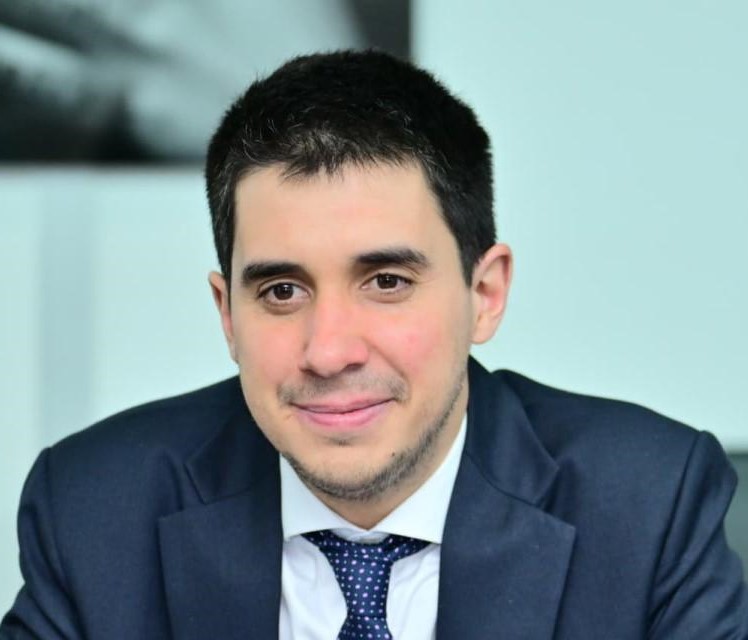
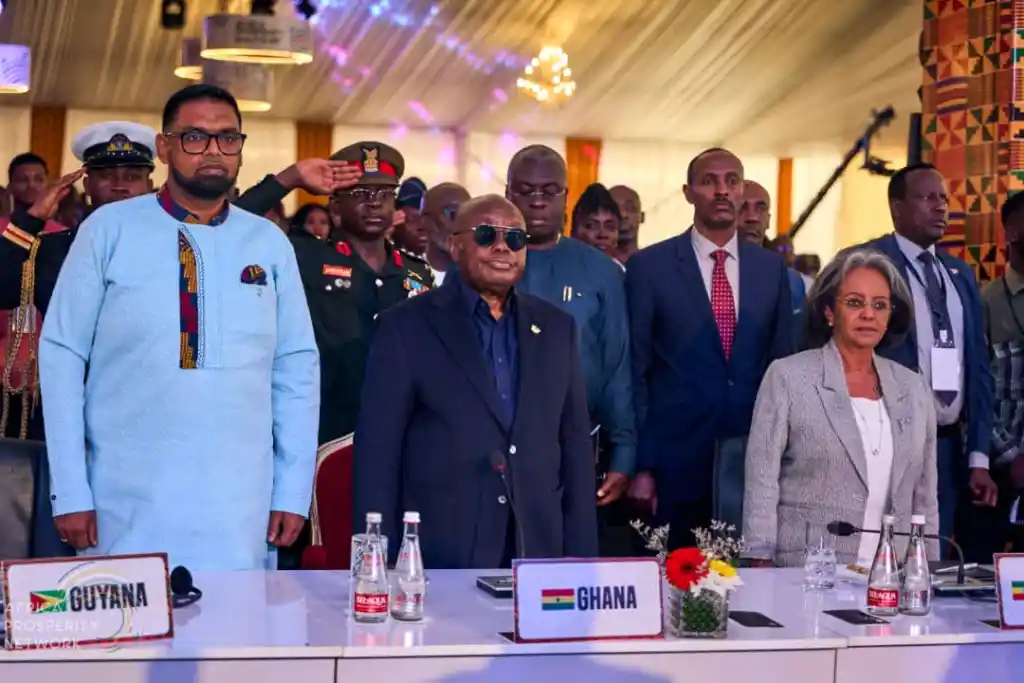
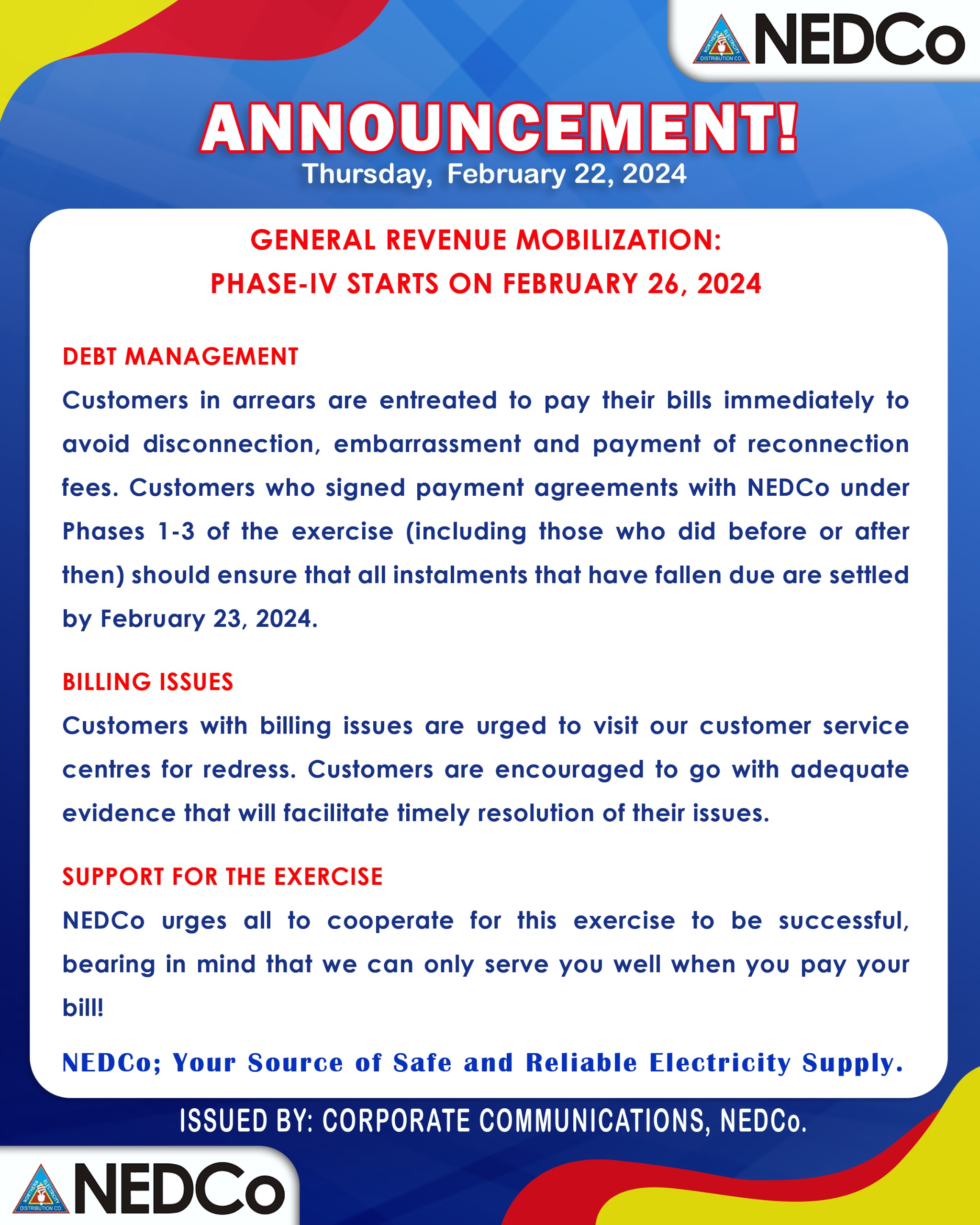
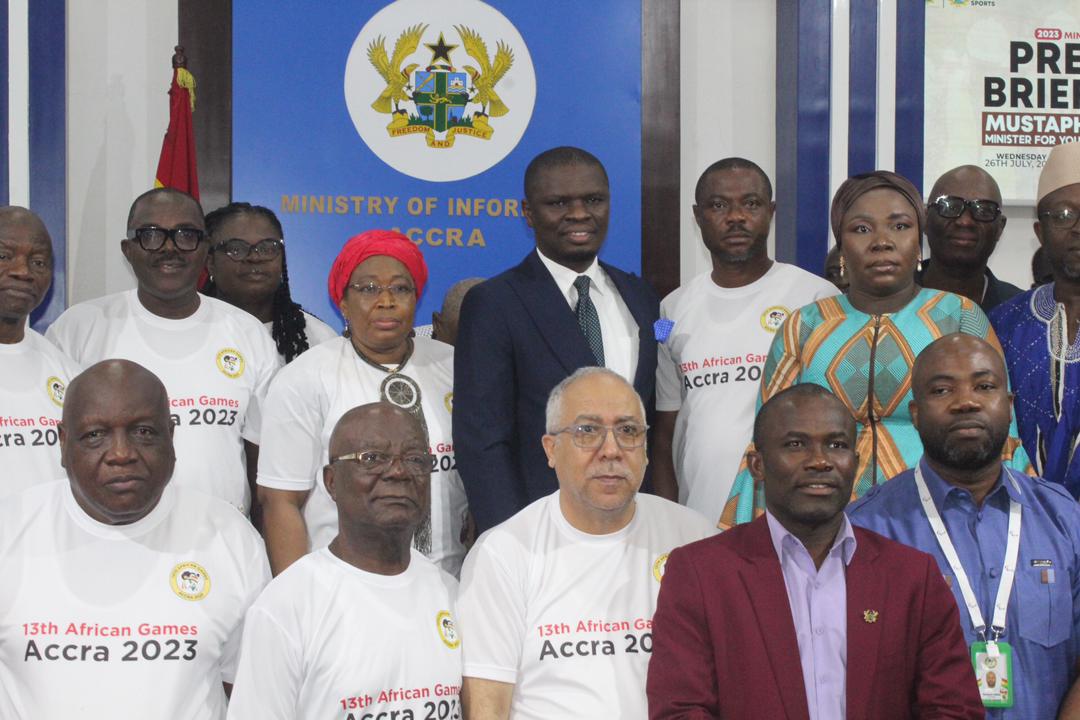


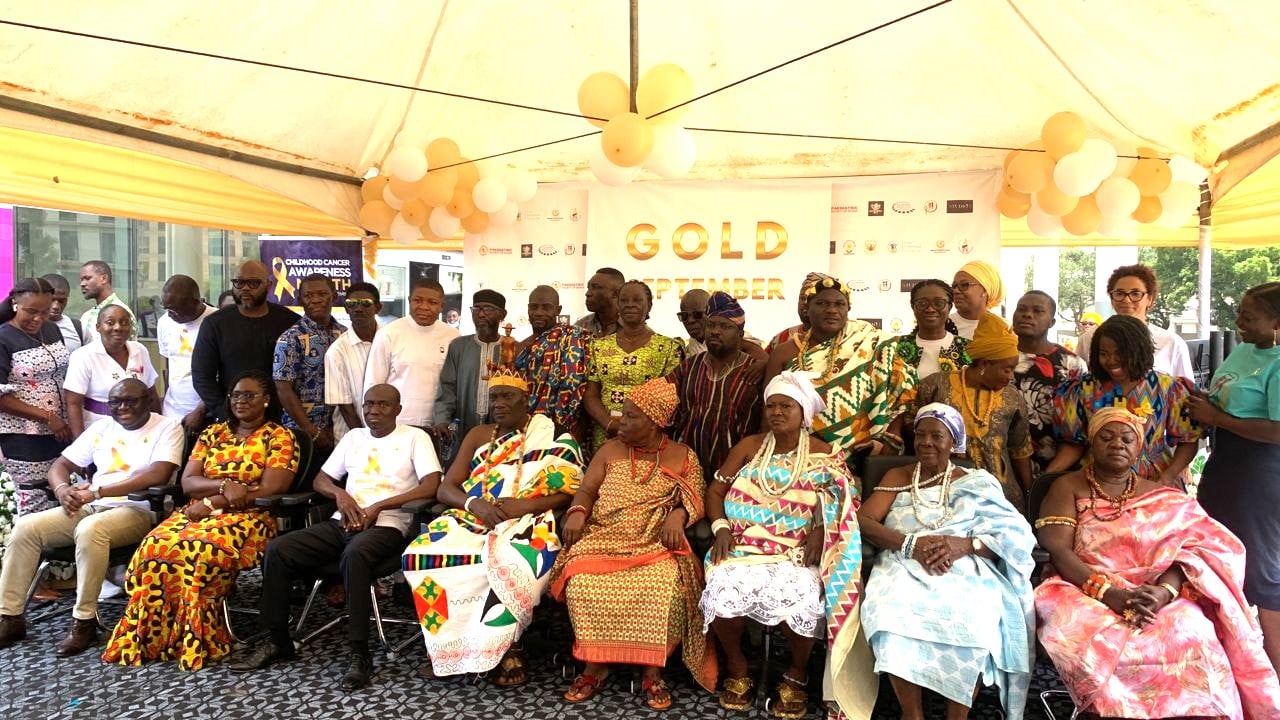
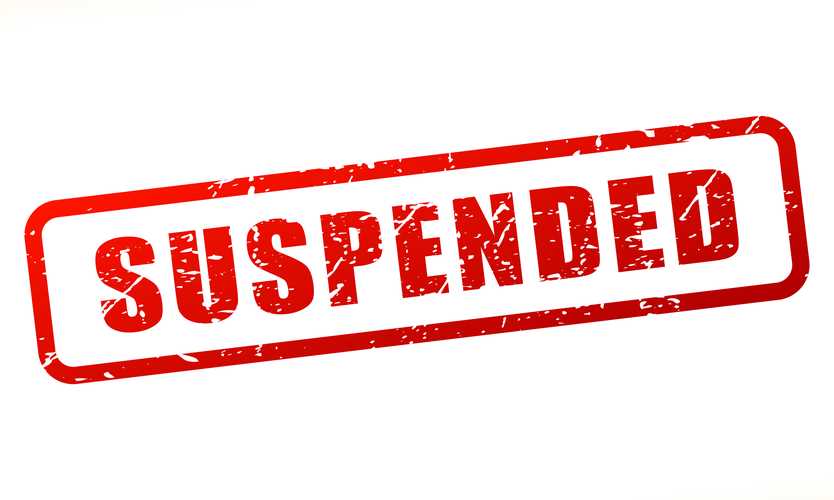

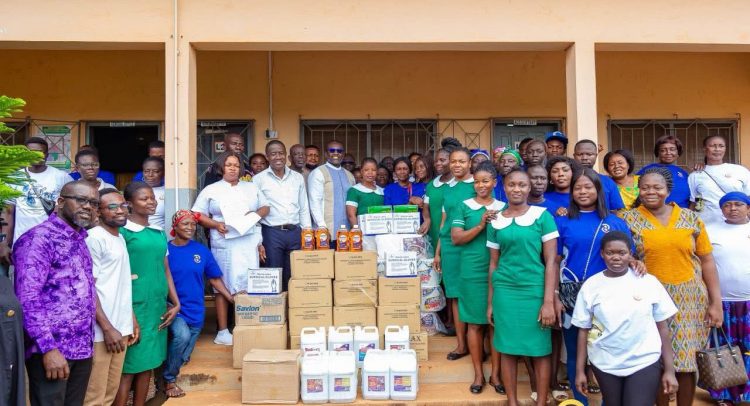




Facebook
Twitter
Pinterest
Instagram
Google+
YouTube
LinkedIn
RSS